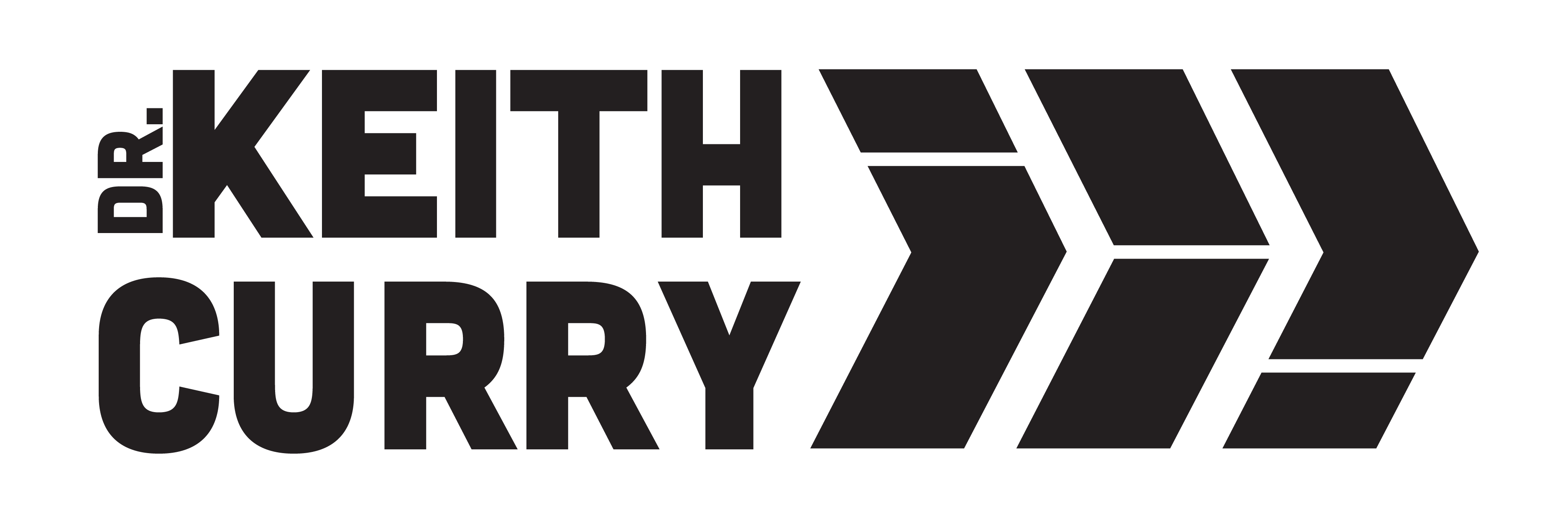Adequate support for Black learners requires holistic support. Too often, students walk the campuses of some of the most prestigious universities in the world without having their basic needs met. Students of color are most likely to struggle with meeting these needs. A recent study surveyed students across 14 HBCUs, and two-thirds of students reported basic needs insecurity1. Basic needs are more than just food, water, and shelter. Financial needs, physical and mental health, and in some cases, childcare is all essential to ensuring students have their basic needs met. Studies consistently show the prevalence of basic needs insecurity at colleges and universities and its impact on academic achievement and student outcomes. We can’t continue to push for efforts that support Black learners in educational attainment and work toward eliminating racial disparities if we fail to address the basic needs that are fundamental to student success.
At Compton College, addressing students basic needs is a priority. We provide our students with one meal per day for free in our cafeteria, $20 per week for the farmers market, bus passes, health services on campus provided by St. John’s Community Health, free printing and online mental health services. When students are struggling to feed themselves and their families, we know it is significantly more difficult to succeed in college. Helping students meet their basic needs should be seen as another way of promoting student success in our toolkit.
Fortunately, needs like mental health and childcare are becoming prominent issues addressed by state policy and college initiatives. This year, states like Illinois and New Jersey have increased investments in mental health support; while organizations like The National Head Start Association (NHSA) and the Association of Community College Trustees (ACCT) are partnering to create more Head Start centers in community colleges to support student parents. The University of Tennessee-Knoxville has centralized resources for basic needs in its Student Basic Needs Guide, which can be incredibly helpful for students facing hardship. These types of initiatives can run from the federal level to the organizational level and are crucial in addressing the crisis that continues to affect our students. If we want to support Black learners and students on every campus, we need to start with the basics.
To learn more about how we can support Black learners as they navigate higher education, visit: https://www.community4blacklearnerexcellence.com/publications
References
- Dahl, S., Strayhorn, T., Reid, M. Jr, Coca, V., & Goldrick-Rab, S. (2022, January). Basic needs insecurity at Historically Black Colleges and Universities: A #RealCollegeHBCU report. The Hope Center for College, Community, and Justice and the Center for the Study of HBCUs.
